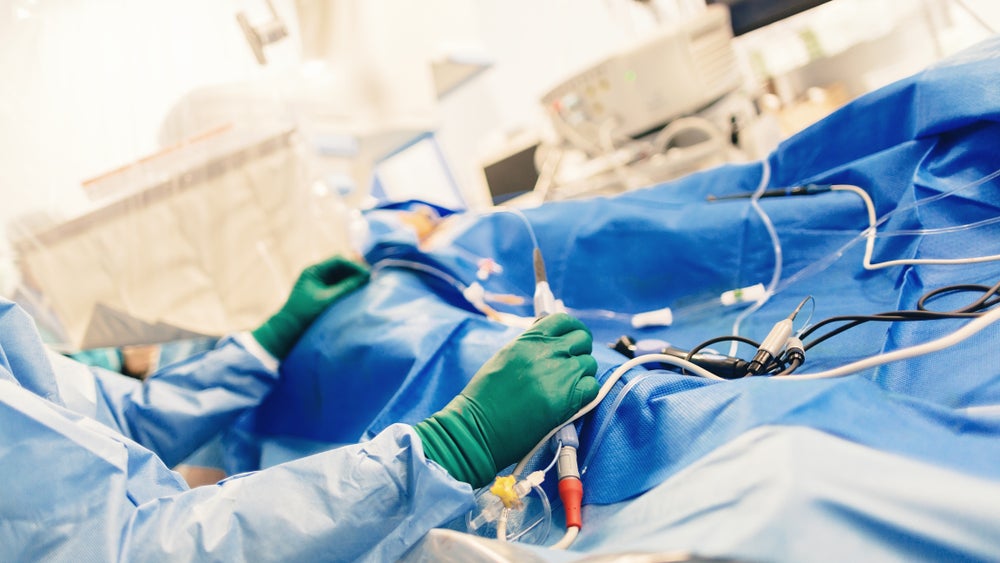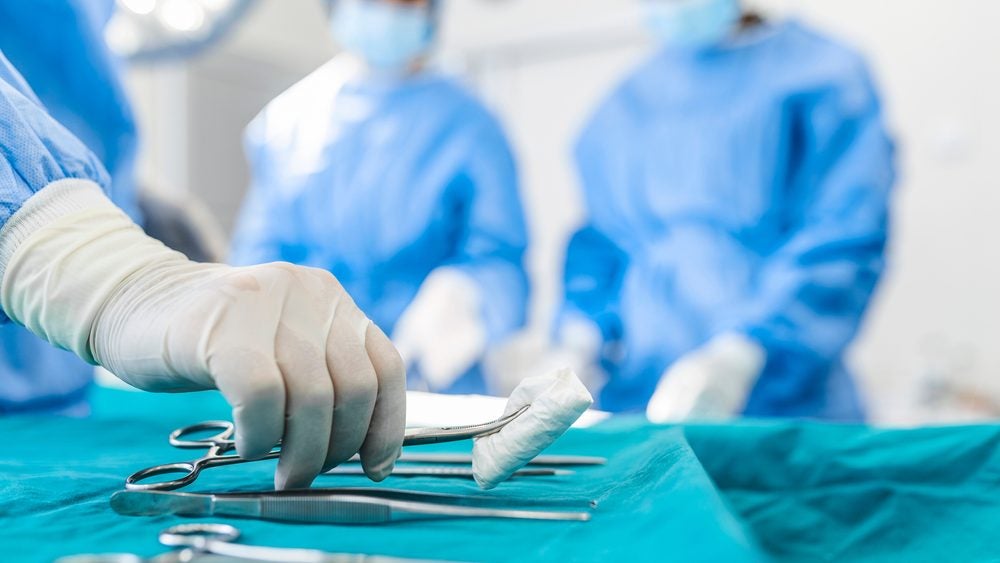Swiss-Dutch clinical-stage medical device company Xeltis has announced the successful implantation of three pediatric patients with its heart valve that allows cardiovascular restoration.
The implantation was part of the company’s multi-centered feasibility clinical study of Xeltis bioabsorbable pulmonary heart valve.
The study is currently including patients aged from two to 21 from Europe.
It was primarily focused on determining the survival rate of patients who were undergoing right ventricular outflow tract (RVOT) reconstruction at six months after the implantation of the bioabsorbable heart valve.
Xplore-I study principal investigator Thierry Carrel said: "Reconstruction and replacement of diseased heart valves in children using patients’ own tissue could help reduce the risk of complications and of re-interventions observed with animal and human donor implants.
“We are quite confident regarding this technology, since children from the precursor feasibility study on bio-absorbable blood vessels demonstrate excellent results over two years after implantation.”
How well do you really know your competitors?
Access the most comprehensive Company Profiles on the market, powered by GlobalData. Save hours of research. Gain competitive edge.

Thank you!
Your download email will arrive shortly
Not ready to buy yet? Download a free sample
We are confident about the unique quality of our Company Profiles. However, we want you to make the most beneficial decision for your business, so we offer a free sample that you can download by submitting the below form
By GlobalDataThe Xeltis cardiovascular implants are made of bioabsorbable polymers and the procedure involves the endogenous tissue restoration (ETR) which is intended to restore the function within the body of complex cardiac parts by using the patient's own tissue.
The porous texture of the heart valve uses the body’s natural healing process to enable the cardiovascular restoration.







